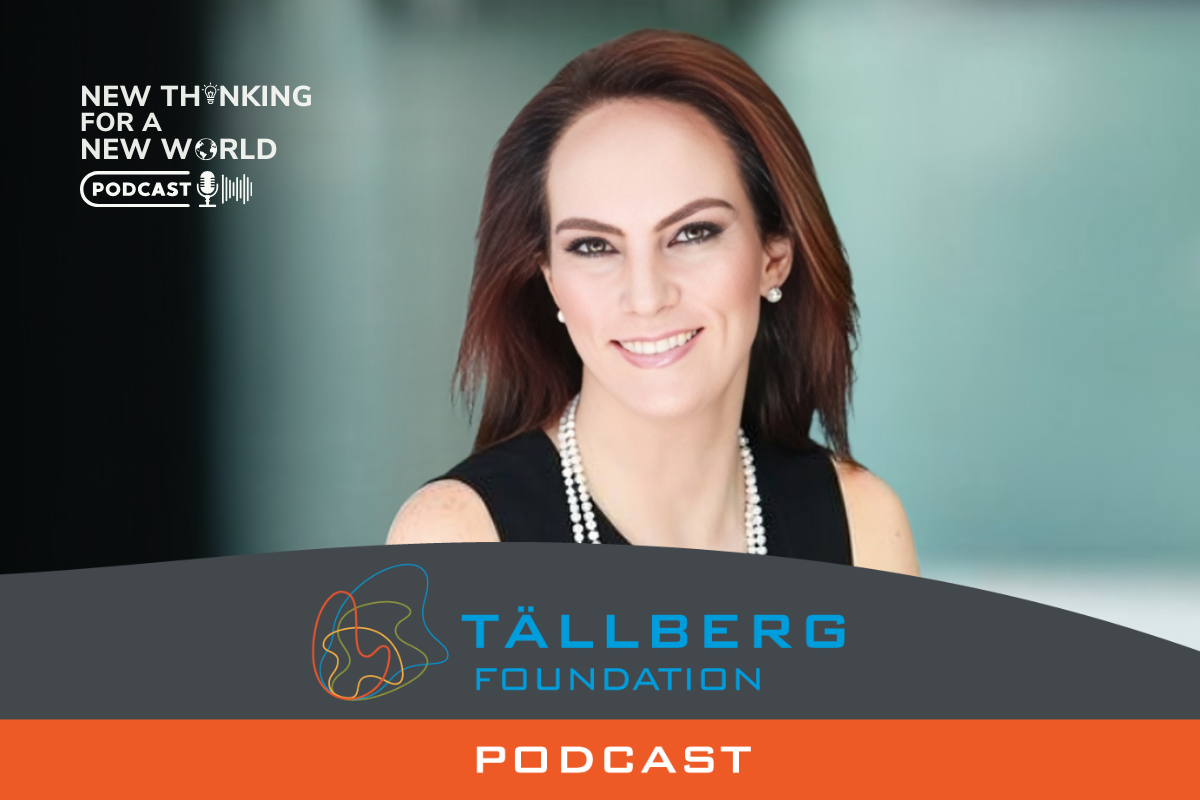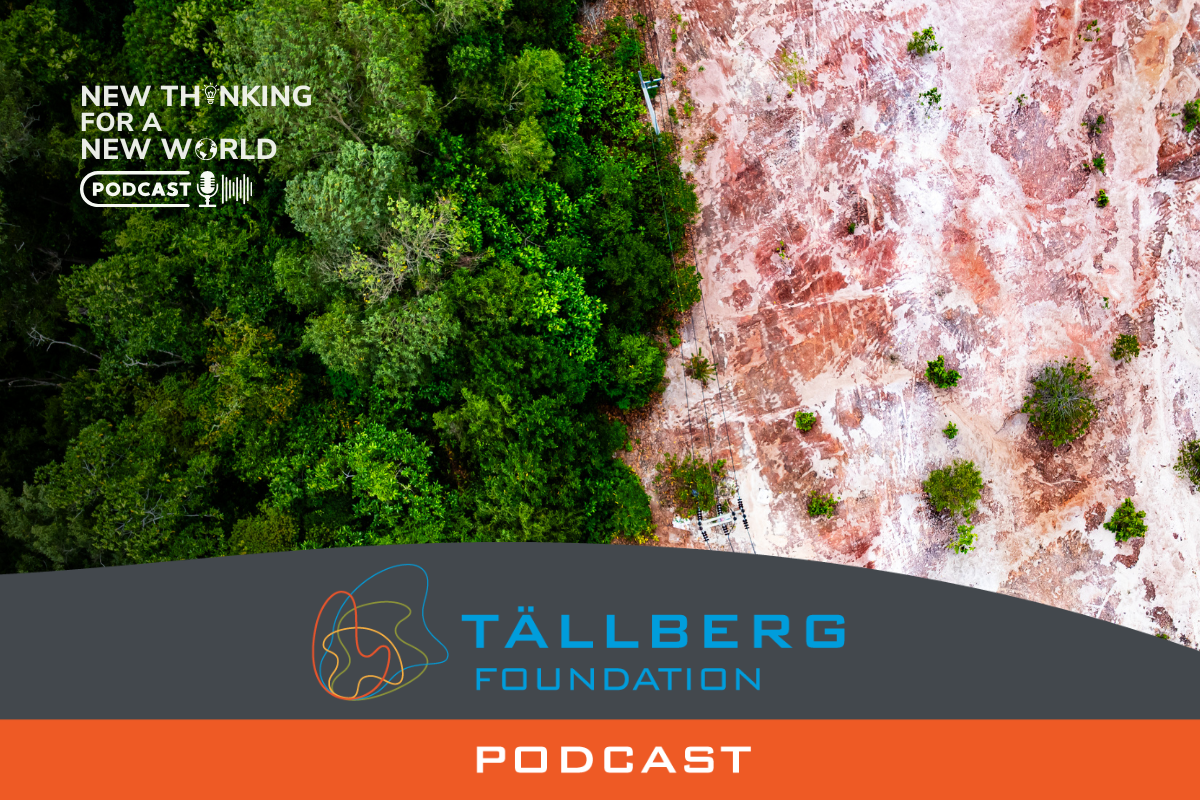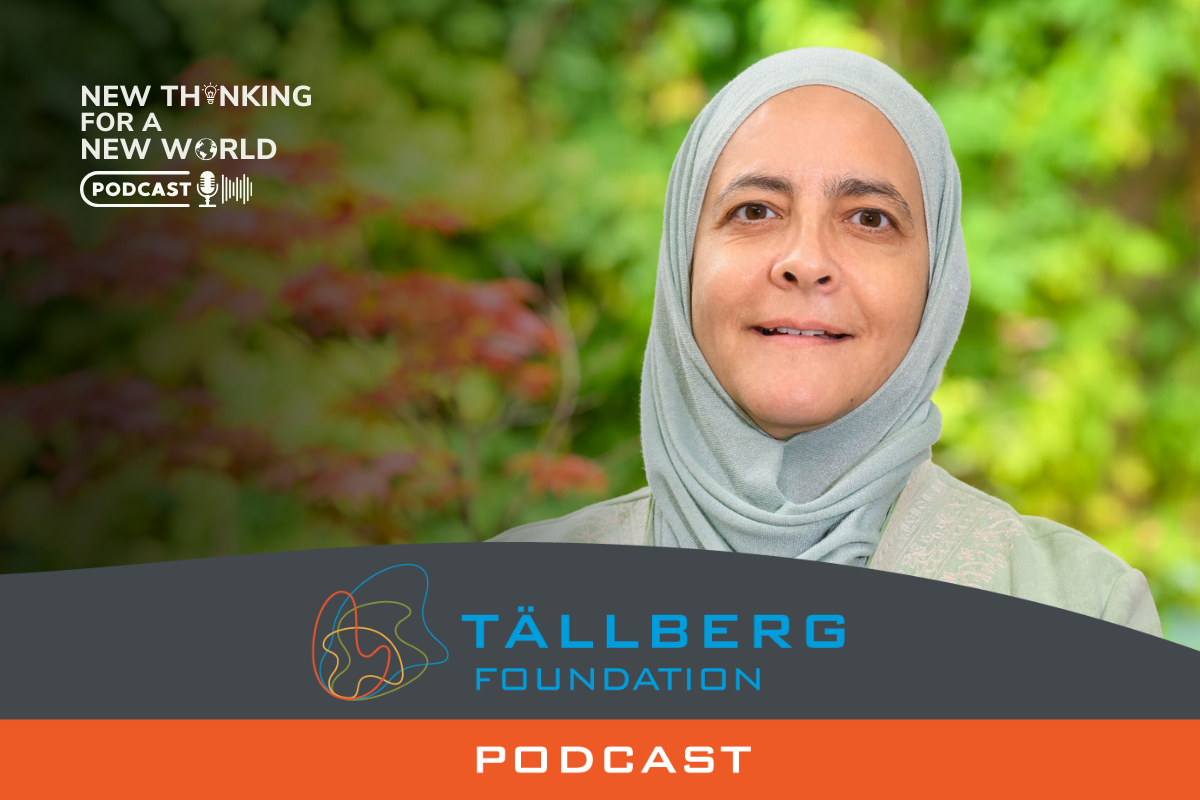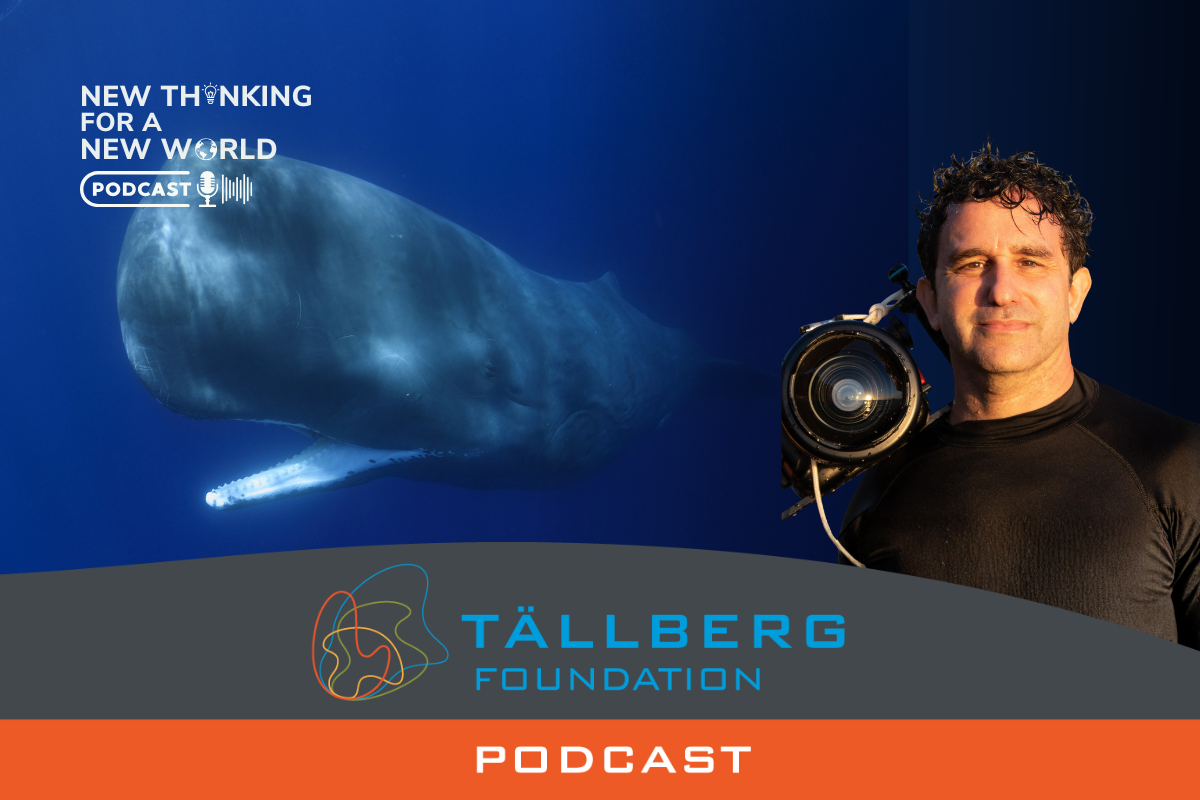During 2024 more than 50 countries, including seven of the world’s most populous nations, will vote in national elections. While many thousands of names will appear on ballots, what’s really at stake is the future of democracy itself.
Can democracy cope with the centrifugal forces of the radical right and radical left? Will “strong man” leaders continue to triumph with their often simplistic, sometimes hateful policy ideas? Will extreme partisanship continue to undermine national consensus?
Although not one of the countries holding elections this year, Chile potentially offers some insights into what might happen in other places where democracy is on the line. After violent political instability in 2019, Chileans tried to address underlying causes through a highly participatory process of constitutional reform. They failed: two different proposals were voted down in national referendums. What lessons for the rest of us?
Isabel Aninat is a Chilean jurist who was in the thick of the search for a new constitution. In this thought piece for New Thinking for a New World she offers her reflections on the implications of what happened on her country’s search for a more perfect democracy.
Tell us what you think, by commenting BELOW
Listen to the episode here or find the New Thinking for a New World podcast on a platform of your choice (Apple podcast, Spotify, Google podcast, Youtube, etc
ABOUT OUR GUEST
 Isabel Aninat, Chile, serves as Dean of the Law School at Chile’s Universidad Adolfo Ibáñez (UAI). Previously, she was a researcher at the Centro de Estudios Públicos (CEP). Aninat has co-edited various books and is the author of several articles in the areas of law and public policy. In 2019, Aninat was part of the technical commission that drafted the constitutional reform proposal for the constituent process in Chile. She has a law degree from the Pontificia Universidad Católica de Chile and an LLM from Columbia University. She serves on the Board of International IDEA, the Tinker Foundation and various Chilean thinktanks and NGOs.
Isabel Aninat, Chile, serves as Dean of the Law School at Chile’s Universidad Adolfo Ibáñez (UAI). Previously, she was a researcher at the Centro de Estudios Públicos (CEP). Aninat has co-edited various books and is the author of several articles in the areas of law and public policy. In 2019, Aninat was part of the technical commission that drafted the constitutional reform proposal for the constituent process in Chile. She has a law degree from the Pontificia Universidad Católica de Chile and an LLM from Columbia University. She serves on the Board of International IDEA, the Tinker Foundation and various Chilean thinktanks and NGOs.




0 Comments